Division of Cancer Biology Research Portfolio
Research in the field of basic cancer biology focuses on the mechanisms that underlie fundamental processes such as cell growth, the transformation of normal cells to cancer cells, and the spread, or metastasis, of cancer cells. This research provides the building blocks to new treatments and clinical trials.
DCB supports a broad range of investigator-initiated research in its mission to facilitate existing and emerging research areas in basic cancer biology. The grants DCB funds each year investigate the biological aspects of every form of cancer. The research ranges from targeted, long-term studies that are revealing the molecular details of cell processes, to high-risk, yet scientifically sound, innovative research approaches that hold great promise for providing key insights into tumor development.
Research Areas
The bulk of DCB's research efforts fall under seven research areas, each supported and directed by their own branch. See the About DCB section for more information.
-
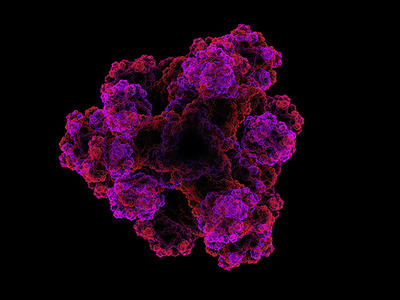
Biophysics, Bioengineering, and Computational Sciences Research
Supports the development of foundational knowledge, resources, technologies and methods that accelerate and enable cancer research.
-
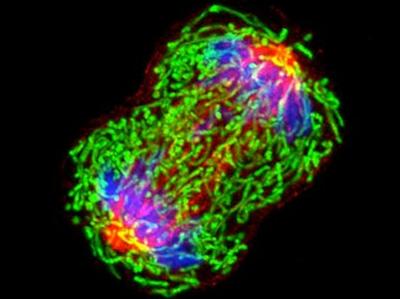
Cancer Cell Biology Research
Supports research investigating biological mechanisms underlying the differences between normal cells and cancerous cells.
-

Cancer Genomics Research
Supports genomic science to improve cancer diagnosis, treatments, and outcomes.
-

Cancer Immunology, Hematology, and Etiology Research
Supports research examining mechanisms underlying anti-tumor immune responses, the biology of hematological malignancies, and etiological factors that play a role in cancer.
-
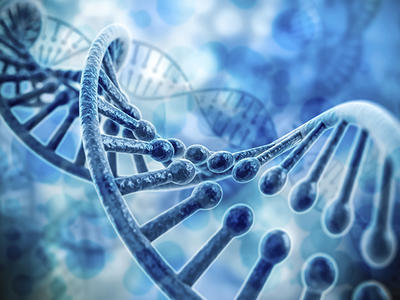
DNA and Chromosome Aberrations Research
Supports research investigating DNA and chromosome aberrations, DNA damage, DNA repair, and genomic instability.
-
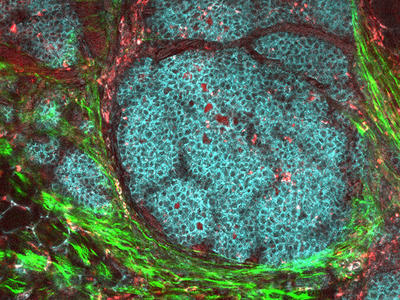
Tumor Biology and Microenvironment Research
Supports research investigating the role of tumor cells and the tumor microenvironment in driving cancer initiation, progression, maintenance and recurrence.
-
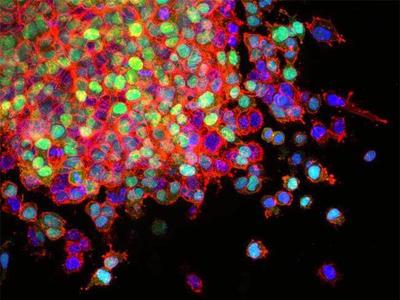
Tumor Metastasis Research
Supports research examining mechanisms that allow cancer cells to leave the primary tumor, invade surrounding tissue, travel through the circulation or lymph, and colonize distant organs.